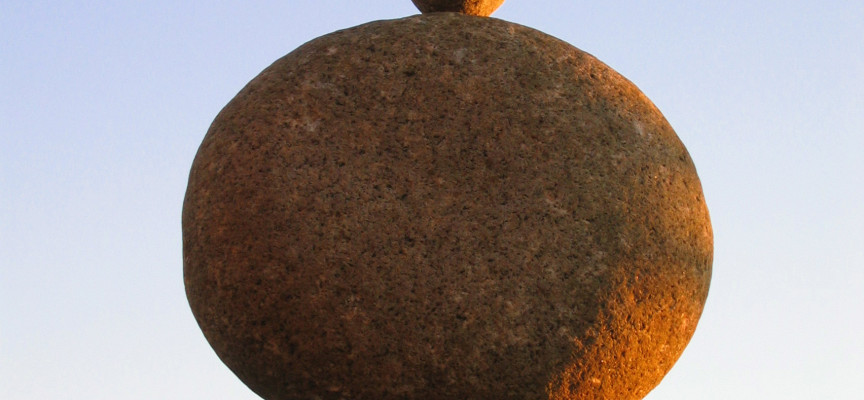Cycles
The world is naturally cyclical. We seem to have forgotten this as we rush to make ‘progress’ and to ‘achieve.’ The tides ebb and flow. Day follows night follows day. The seasons cycle endlessly around as the earth orbits the sun in a circle, tilted on its axis. Plants follow the natural cycle of life, death and rebirth as they die back in the winter and reemerge from their dormancy each spring. Traditionally, Eastern cultures have tended to recognize the cyclical nature of – cycles are at the heart of the Eastern world view, and for a good reason – this is the nature of things.
This is how the world works. It is natural and normal. And, since we are part of nature, our lives also follow cycles. There are times in our lives that are very productive and energetic, and other times when not much seems to be going on – there is a kind of dormancy. But dormancy is not a bad thing – it is a necessary rest and preparation for a new phase. At the end of a hard day’s work, there is nothing nicer than a deep, restful sleep, and without it we cannot be effective the next day.
Waiting for the right time
We live in a culture of instant gratification and we can have a tendency to want things to happen right away. Impatience is an epidemic in our society. But all good things take time – a fine wine, a strong friendship, a marriage, even a successful website; these things deepen in quality over the years – they mature and become strong. Fruit can only be eaten when ripe; if you try to eat fruit before it is ready, it is tough, sour and less nutritious. Grass grows in its own time but if you keep pulling it, it will just die.
Balance
In nature, there is always a balance between production and the capacity for that production. A tree, for example, produces fruit only for a season and then rests. We need to take a lesson from nature, realizing that without rest and rejuvenation, our capacity to be productive will decline. We need to stop cutting down the tree for a while to sharpen the axe. We need to keep our bodies and minds in good condition; we need to keep ourselves skilled and educated; we need to be rested. Only by ‘sharpening the saw,’ as Covey writes, can we continue to be effective. This may take time away from other activities, but it is time well spent.
We need to learn the importance of patience, recognizing that things take time and that fallow periods are normal and necessary: without them, we cannot be effective. We need regular time to rest and to reenergize. A day of pottering around, not doing anything in particular, just relaxing, dozing, reading – not with any purpose or agenda – can be an extremely fruitful thing to do.
Sometimes people speak about ‘working smart’ and not just working hard. Living a balanced life is, perhaps, esseantially what this means.


Superb article… I have enjoyed alot..thanx for such a nice sharing